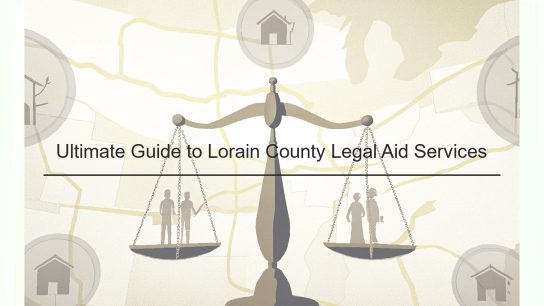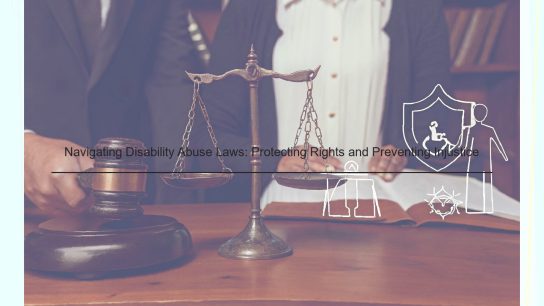Demystifying Thai Prenuptial Agreements
What is a Prenuptial Agreement? A prenuptial agreement, often referred to simply as a "prenup", is a written document made by two people before they get married. It typically states how the couple will divide assets and income, as well as settle debts in the event of divorce, separation, or the death of one spouse. […]
Read More




